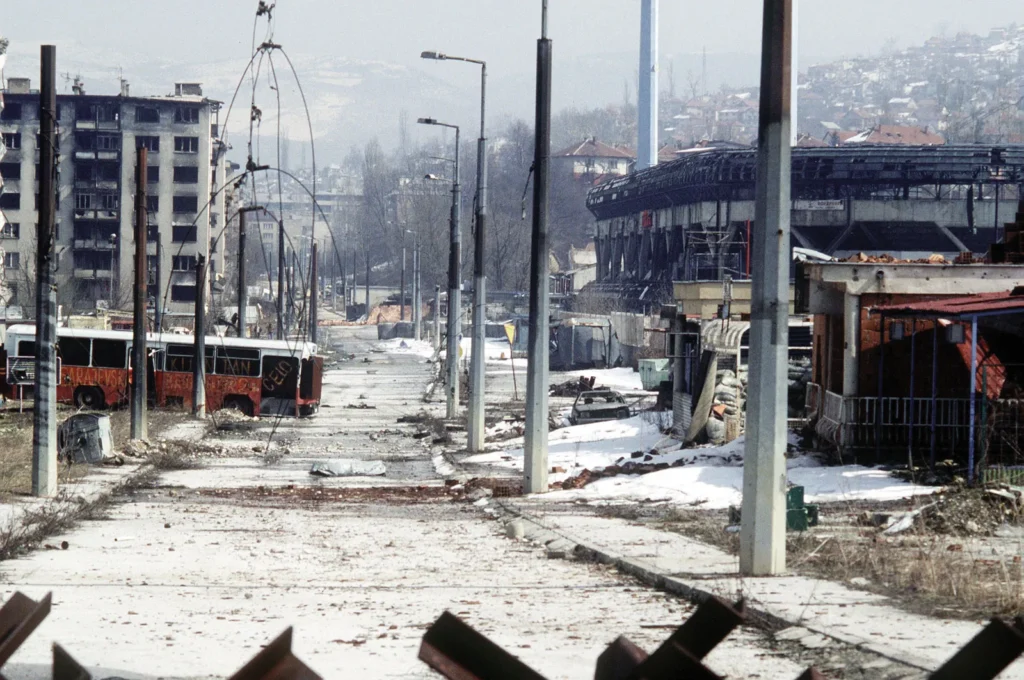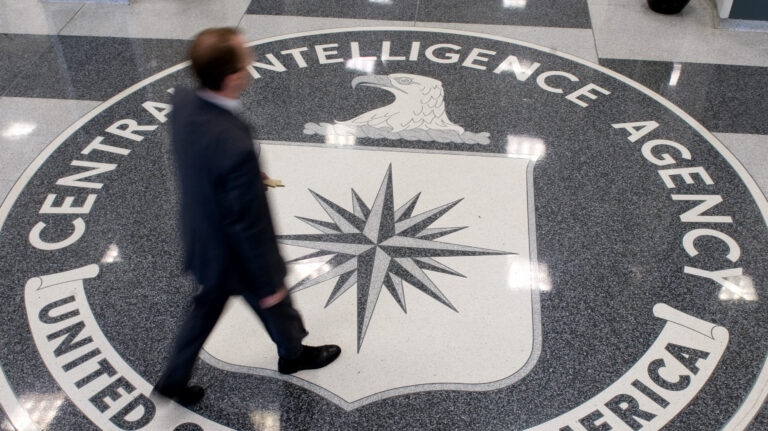In 1995, the Dayton Accords brought an end to the war in Bosnia—a conflict that had torn apart a nation and claimed hundreds of thousands of lives. Yet, beneath the veneer of diplomatic triumph lies a sobering truth: this agreement represents not a victory for peace, but a devastating capitulation to violence. By rewarding ethnic cleansing and genocide with political and territorial concessions, the accords undermined not only justice for Bosnia but also the very foundations of international law.
The Dayton Agreement achieved peace, but at the cost of justice and long-term stability, by rewarding those who used violence to achieve their goals.
Kofi Annan, former UN Secretary-General
The consequences of Dayton extend far beyond the Balkans. If the global community can accept that violence and atrocities yield political success, how can it legitimately condemn similar actions elsewhere? If Dayton set a precedent, why should Russia’s invasion of Ukraine provoke outrage?
Rewarding War Crimes
The Dayton Accords legitimized Republika Srpska, an entity established through mass killings, ethnic cleansing, and the forced displacement of non-Serbs. Nearly half of Bosnia and Herzegovina’s territory was handed over to those who had used unimaginable violence as a political tool. Rather than reversing the horrors of war, Dayton enshrined them in the country’s future.
What message does this send to the world? That aggression pays? That genocide can redraw borders? That justice is negotiable? Bosnia may bear the immediate scars of Dayton, but the world must grapple with its enduring stain on international norms.

The Collapse of Morality and Law
In his memoirs, former U.S. President Bill Clinton revealed that the leaders of Britain and France expressed reluctance to support a united Bosnia with a Muslim majority. Their hesitation reflected a dangerous blend of prejudice and political calculation.
It was a superb agreement to end a war, but a very bad agreement to make a state..
Paddy Ashdown, former High Representative for Bosnia and Herzegovina
Instead of standing firm for international law and human rights, the world’s most powerful leaders bowed to the strongest voices in the room, paving the way for a settlement that institutionalized the results of war crimes.
A Dangerous Precedent
The Dayton Accords were not an isolated event; they established a precedent that reverberates in conflicts to this day. When Russia invaded Ukraine and annexed Crimea, it followed the same logic: use force to alter borders and create ”facts on the ground.” If the international community tolerated Dayton, why would the Kremlin believe it would face serious consequences for its actions?
When realpolitik overrides human rights and international law, we risk dismantling the very framework upon which global security rests. A world where violence is rewarded and justice ignored is a world without stability—or a future.
A World Off Balance
The Dayton Accords remain a stark reminder of what happens when world leaders choose convenience over justice. For Bosnia and Herzegovina, the division created by Dayton has perpetuated political paralysis and weakened prospects for national unity. For the world, it has become a warning: if we do not demand accountability and fairness for Bosnia, what do we truly stand for?
The Path Forward: Justice for All
The global community cannot build lasting peace on a foundation of injustice. It cannot oppose Russia’s aggression in Ukraine, condemn China’s expansion in the South China Sea, or counter future threats if it continues to treat international law as an optional ideal. While the Dayton Accords may have stopped the fighting, they also opened the door to a dangerous world where violence and oppression bring political rewards.
It is time to demand a new standard. For Bosnia. For Ukraine. For every nation and people subjected to the cold logic of violence and power. International law is not negotiable—and it’s long past time for the world’s leaders to act like it.



